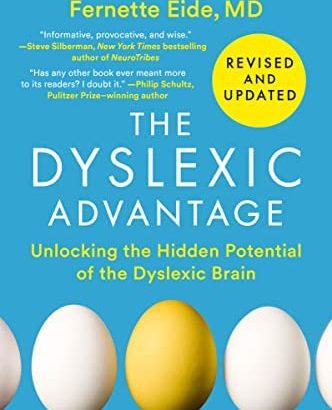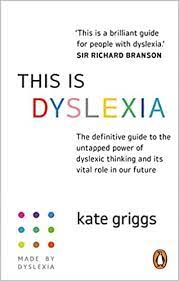
The Dyslexic Advantage is Real I first encountered Brock and Fernette Eide’s ground-breaking research on dyslexia when they published the first edition of The Dyslexic Advantage, back around 2011. At least that’s when I found it. It changed my life and my career. That book explained how my daughter could be both brilliant and extremely […]







